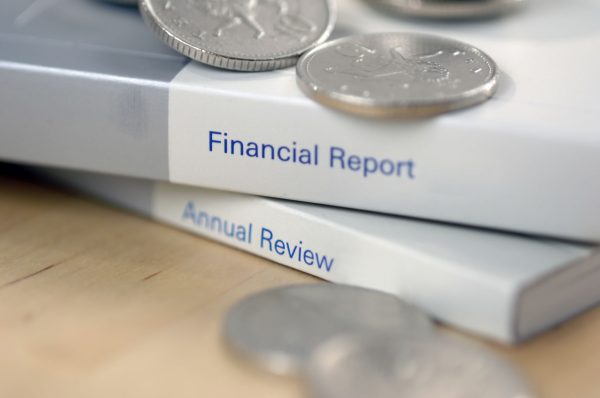The overarching aim of the Charities Act 2022 is to give trustees greater powers and flexibility in certain areas and to remove unnecessary administrative procedure and ‘red-tape’. Whilst none of the new provisions have a direct input on accounting or reporting requirements per se, some of the new powers, if adopted, will have an impact on accounting treatment and/or disclosures.
The provisions already in force the are most relevant to financial reporting are as follows:
Paying trustees for goods
Charities law already allowed for trustees to be paid for the provision of services to a charity, and goods connected to a service (as might be the case with parts used by a plumber). The Charities Act 2022 extends this to allow for the provision of goods which are not connected to a service. There are no specific new disclosure requirements arising from this change, but such transactions are covered by the existing requirements for disclosure of related party transactions.
Repurposing shortfall or surpluses on appeals
The Charities Act 2022 also simplifies the requirements for the repurposing of restricted funds where an appeal either does not raise sufficient funds to deliver its aim, raises too much, such that there is a surplus, or where circumstances change and donations cannot be used as originally intended. The simplifications streamline the process for obtaining the authority where necessary and eliminate the need for it where total donations are below £1,000. The requirement for a six-month cooling off period is also removed in some circumstances. However, steps around fulfilling any secondary purposes and returning donations, where requested by donors, remain. Whilst the changes will undoubtedly be useful, Charity Commission guidance maintains that getting the wording of the appeal right in the first place is the best approach.
Use of permanent endowment funds
The Act creates new statutory powers for trustees to spend ‘smaller value’ permanent endowment funds (of £25,000 or less) and to borrow up to 25% of the value of their permanent endowment fund, subject to certain conditions such as a maximum term of 20 years. The Act also enables charities that account permanently endowed funds on the ‘total return’ basis to use them to make social investments which may be loss making, provided any losses are offset by other gains. Linked to this, charities are no longer required to obtain consent from the Charity Commission before adopting the total return basis. Further guidance on the total return basis can be found on the Commission’s website at:
Other provisions
Other provisions that are also already in force but perhaps less relevant to financial reporting include:
- Additional powers to amend Royal Charters
- Greater flexibility on land disposals and obtaining advice thereon
- Increased Charity Commission powers for regulating charity names
- Update to the definition of connected persons to remove outdated language
The remaining provisions of The Act are expected to come into force in 2024. These relate to charity constitutions, trustee appointment and remuneration and dealing with legacies in a charity merger. The proposals relating to ex gratia payments are under further consideration prior to commencement.
Accounts disclosures
Two questions arise on whether the Charites Act 2022 will affect references in the financial statements:
Where audit reports refer to Charites Act 2011, will this change?
The answer to this is no – It is the 2011 Act under which auditors are appointed and whilst the 2022 Act updates the 2011 Act it does not replace it. As such these references will remain unchanged.
Does the new legislation amend or supersede the Charities Accounts and Reports Regulations 2008?
Sadly, it does not. So, where an unincorporated charity prepares accounts under the Charities SORP, reference will still be needed to a ‘true and fair override’ due to the Regulations still not having been updated to refer to the current version of the SORP.
These changes to charity law will be among the topics covered in our upcoming Charities Update on 20 March. In the meantime, further guidance on the changes brought by Charities Act 2022 are available on the Charity Commission’s website at https://www.gov.uk/guidance/charities-act-2022-guidance-for-charities
Richard Hemmings, February 2024





